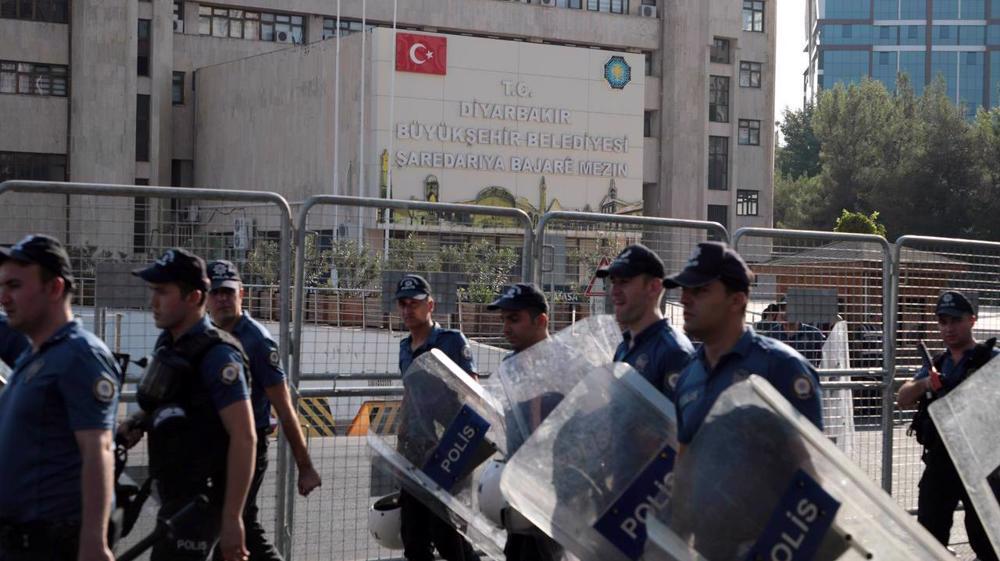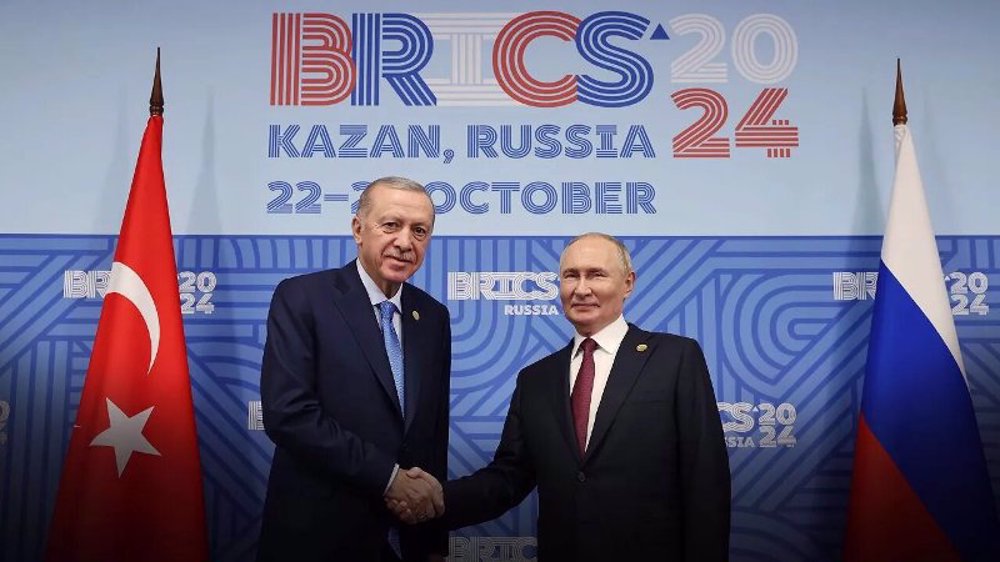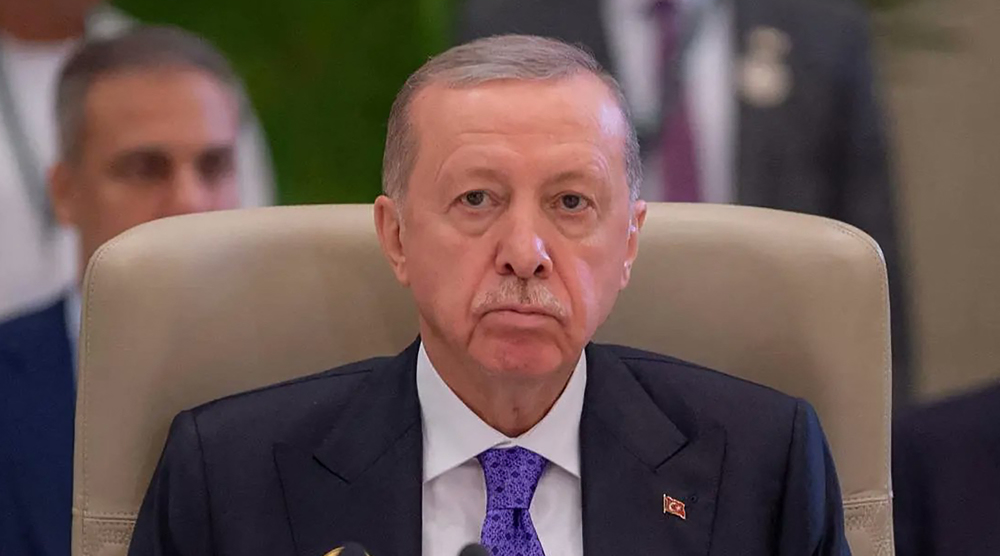Turkey issues arrest warrants for 275 military personnel over ‘links to coup mastermind’
Turkey has issued arrest warrants for 275 more people, mostly military staff members, over their suspected linked to of US-based opposition cleric Fethullah Gulen, who stands accused of having masterminded a failed coup in 2016.
The Anadolu news agency reported Tuesday that 145 of the suspects had already been taken into custody during police operations, which were coordinated from the western city of Ezmir and targeted 22 provinces across the country.
The suspects, the report added, are accused of having contacted other Gulen loyalists through payphones as well as having received advantages in admission to military schools.
Turkish security sources said law enforcement forces had detained 16 military personnel in the southeastern city of Diyarbakir over the weekend.
Istanbul’s police also reported they had court orders to arrest 44 military personnel, including a major and three lieutenants, as well as doctors and teachers.
It said 33 people had already been detained in the operation that spread over eight provinces.
A separate police operation also led to the detention 25 out of 32 suspects from the Turkish Air Force, according to Anadolu.
The report added that authorities have ordered the detention of eight people in the gendarmerie forces, including a colonel.
During the 2016 botched putsch, a faction of the Turkish military declared that it had seized control of the country and the government of President Recep Tayyip Erdogan was no more in charge.
The attempt was, however, suppressed a few hours later.
Ankara has since accused Gulen, Erdogan's ally-turned-foe, of having orchestrated the coup.
Gulen denies any involvement. He has lived in self-imposed exile in the United States since 1999.
Since the coup attempt, about 80,000 people have been held pending trial and some 150,000 civil servants, military personnel and others sacked or suspended.
Ankara’s post-coup mass arrests have drawn criticism from human rights organizations and Turkey’s Western allies.
Rejecting that criticism, the Turkish government defends the crackdown as a necessary response to a national security threat.
Pezeshkian to US, Europeans: You are killing women, children
VIDEO | COP29: another climate failure?
ICC issues arrest warrants for Netanyahu, Gallant for war crimes
Israeli strikes kill 88 Palestinians in northern Gaza
American voters plainly rejected complicity in Gaza genocide: Iran FM spox
ICC should issue more arrest warrants for Israeli authorities over Gaza genocide: UN expert
Israel using AI weapons co-produced by India in Gaza genocide: Report
Israel issues new evacuation orders, shortly launches strikes on southern Lebanon












 This makes it easy to access the Press TV website
This makes it easy to access the Press TV website